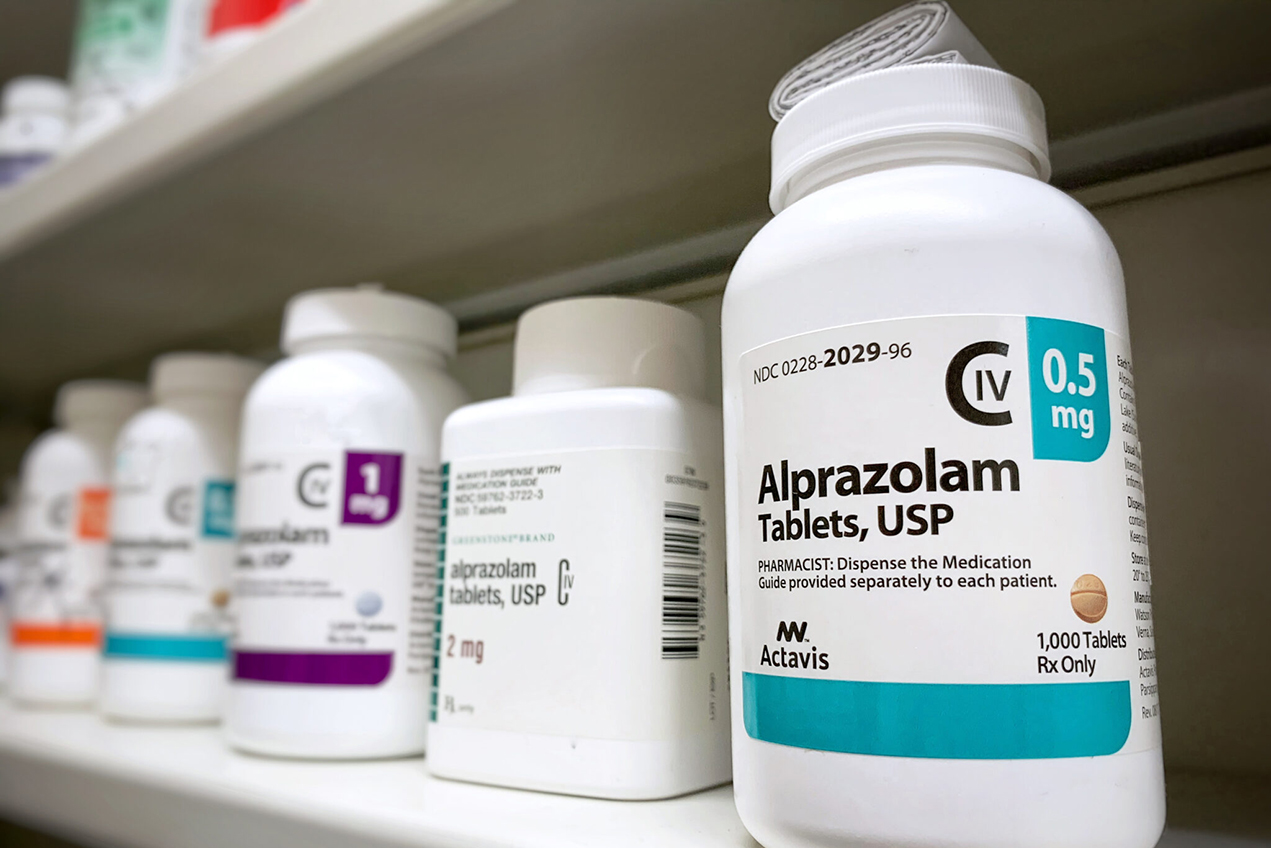A courtesy letter informing physicians when a patient dies of a prescription drug overdose may provide the needed “nudge” to improve prescribing practices, according to a new study from the USC Schaeffer Center and the Norman Topping Chair in Medicine and Public Policy. According to an earlier USC Schaeffer study, physicians who received notifying letters from a county medical examiner whenever a patient to whom they had prescribed opioids suffered a fatal overdose. That “nudge” resulted in a nearly 10% decrease in opioid prescriptions.
Since then, researchers have noticed that the letters are having a crossover effect in influencing prescription practices for other drugs, particularly benzodiazepines. Colloquially called “benzos,” these drugs are commonly prescribed for conditions from anxiety to sleep disorders, but their effects can be fatal when combined with opioids, alcohol or other prescription drugs.
The findings of this study established that prescriptions for 2mg doses of benzodiazepines per day declined by 3.7% among notified physicians compared to the control group. The study was published on Aug. 22 in JAMA Internal Medicine.
To read the full story, click here.


